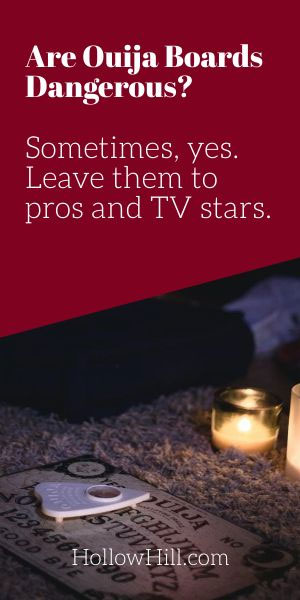“Touching” occurs at some ghost investigations. The sensation of touch is among our five (or six) senses.
It’s one way that spirits may attempt to make contact… literally.
Normal touching
During a ghost investigation, you may feel:
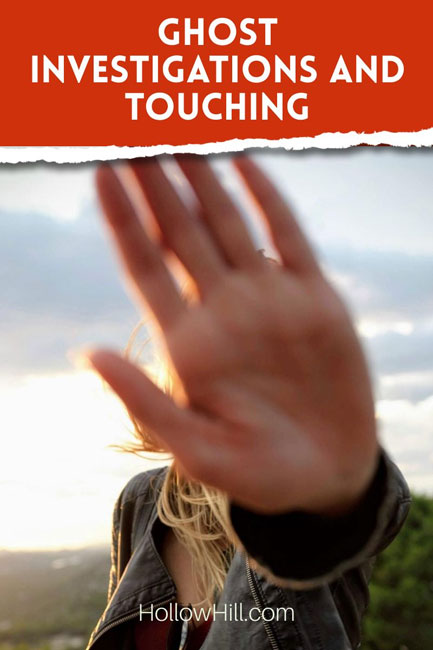 A ghostly hand touch or brush your face or neck.
A ghostly hand touch or brush your face or neck.- A gentle brush, as if you’re walking through spiderwebs, even when you’re sitting still.
- Isolated hot or cold areas, often measured with a thermometer.
- A ghostly breath, particularly near the investigator’s face.
- A slap, push, or shove. Nothing too aggressive.
- Something leaning into you, encouraging (or forcing) you to move in a certain direction.
- Hair brushed, tugged or pulled.
- Clothing grasped or tugged.
- A sensation that the air is denser, as if you’re walking through water or molasses.
- A feeling that the air is pressing on you, in one direction or from all sides.
- Tapping on a shoulder or back.
- Letters of the alphabet “written” with a ghostly finger, especially on the back of your hand or on your back.
There are many variations of these sensations. All are routine – but can also be rare – at ghost investigations. Usually, they’re nothing to be alarmed about.
If you’re uncomfortable with that, ask the ghost (or ghosts) to stop. In most cases, they will.
Also, let others know what happened right away, so they can check the area for EMF surges or other paranormal activity.
Inappropriate touching
If the ghost is touching you inappropriately, you must bring that to the attention of others in your group.
This is a rare occurrence, but it happens now & then. Though more women seem to be “touched” than men, it’s not a gender-specific issue.
It is not okay for a ghost to ignore your boundaries. Keep in mind, most ghosts are from an era when touching — especially of a sexual nature — was even less acceptable than it is now.
Times have changed, and so have the cues
As the song, “Anything Goes,” reminds us:
“In olden days, a glimpse of stocking
“Was looked on as something shocking.”
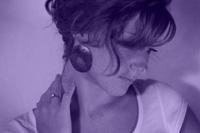 Likewise, in the early 19th century, a kiss was considered so significant, some expected a marriage proposal to follow immediately.
Likewise, in the early 19th century, a kiss was considered so significant, some expected a marriage proposal to follow immediately.
Through the early 20th century, a single man and woman would avoid being together (but otherwise alone) in a room with the door closed.
That was against the rules of propriety.
By the late 20th century, the rules had changed again. In some eras and cultures – especially the hippie community – “love the one you’re with” was okay. Others sternly disapproved.
So, the range of what’s inappropriate is even broader when you’re dealing with a ghost.
Depending on his or her context, any touching could be a warning sign for investigators.
What ghosts expect
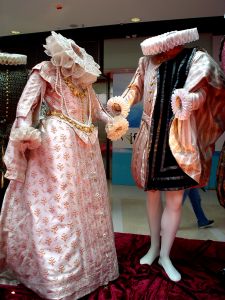 Some of our most colorful investigations (and ghost stories) are related to locations that were once bordellos.
Some of our most colorful investigations (and ghost stories) are related to locations that were once bordellos.
Wunsche Cafe in Old Town Spring, Texas, is one.
Oilcan Harry’s in Austin, Texas, is another.
So, some ghosts may not realize that investigators – particularly women – cannot be treated as the people who once worked at the brothel.
If you have concerns, state the rules and boundaries out loud.
Also remember that women in trousers were regarded differently prior to the early 20th century. In general, women’s bodies were far more concealed – by corsets, bustles and loose-fitting clothing – than today.
Language considered crude (in the ghost’s era) can also send a confusing signal to ghosts. In fact, speaking directly to a ghost – without introducing yourself first – could be considered very forward, in their world.
The ghosts may not reply (since, as far as they’re concerned, you’re being rude) or think it’s an invitation for something you weren’t expecting.
It may help to announce your name, what you’re doing there, and the year you’re in, each time you investigate a different room or part of the site.
State the rules and boundaries out loud
It’s always better to be too careful than too casual, if you have concerns in a haunted location. Set firm rules and boundaries at the start of each phase of the investigation, and explain them to the ghosts, out loud.
Then, if the ghost behaves inappropriately, he (or she) has no excuse for it. You’ll know right away that the ghost is ignoring your rules, if you’ve already made those rules clear.
If that happens, be sure you’re accompanied by several people, and that continued touching will not be tolerated.
Opportunistic touching
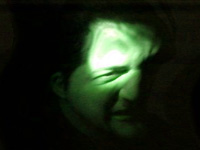 This additional issue is rare, but important.
This additional issue is rare, but important.
Even one “problem” in our community is a risk to all of us, as professionals.
We’re often researching in the dark.
Groups split up to investigate.
It’s important never to be alone with someone you don’t know, or with someone who makes you even a little uncomfortable.
Even in a group or crowd, stay away from people who give off a “bad vibe” or seem to make excessive eye contact.
At the other extreme, be wary of anyone avoiding any eye contact at all.
If you feel very uncomfortable or uneasy, say something to a person in charge.
If the situation doesn’t improve, leave the investigation.
(Ask to be escorted to your car, by someone you trust. Never leave a group by yourself, if you’re already anxious about your safety.)
Before accepting someone on your team, no matter how likable the person seems, check his or her background. Ask for ID, so you know what name to research.
When I recently heard about a ghost investigator’s criminal record, I checked his name at the FBI’s National Sex Offender Public Website. There was no record of his past problems, though I’d heard about them from an impeccable source.
I realized that I don’t know his real name. It’s routine for researchers to use a “pen name” to distance paranormal work from their personal and professional lives.
Also, nicknames can be very different from real names. For example, Ted can be short for Theodore or Edward. Nellie can be a nickname for Helen. William is Bill and Robert can be Rob or Bob. Elizabeth can be Beth, Betty, Eliza, Liz, and so on.
So, sex offender lists aren’t 100% reliable if you’re checking on someone you might be alone with. (Check them anyway.) Always take precautions, and follow your “gut feeling” when you’re on a ghost tour or investigation.
I’ve always said: We have more to fear from the living than from the dead.
Use common sense
If your children want to go on a ghost tour or attend an event, they must be accompanied by a responsible adult at all times. That’s not just about the tour guides, but a concern about others attending the tour or event, who might see the darkness as an opportunity.
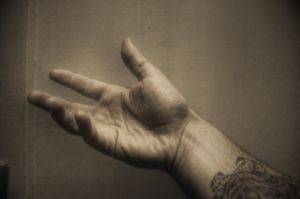 Here’s the rule: If you feel that you’ve been touched (or had a physical encounter of any kind) -by a ghost or someone in physical form – say something immediately.
Here’s the rule: If you feel that you’ve been touched (or had a physical encounter of any kind) -by a ghost or someone in physical form – say something immediately.
If you’re not comfortable with what happened, say that very clearly, too.
Don’t think it was all in your imagination. Speak up, and let the other investigators (or guests) respond immediately.
After all, it might be a ghost manifesting so physically, we could catch an image in a photo. We might be able to record his/her voice in EVP, or measure other physical anomalies with EMF detectors, thermometers, and other tools.
Physical contact with ghosts is unusual in most haunted settings. Physical abuse by a ghost – slapping, pinching, or scratching – can happen, too, but it’s a major warning sign. That location isn’t safe, and the entity might be demonic.
Whenever it feels like someone has touched you, especially if it wasn’t necessary, speak up.
It might have been a ghost. Or it might have been someone in your group, and he, she, or they are using the cover of darkness for bad behavior.
Don’t just shrug it off.
Say something.

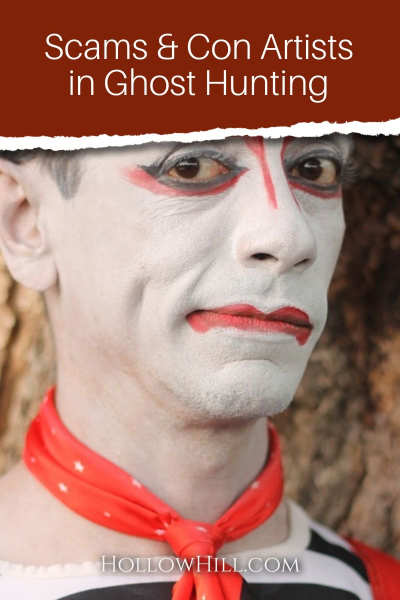
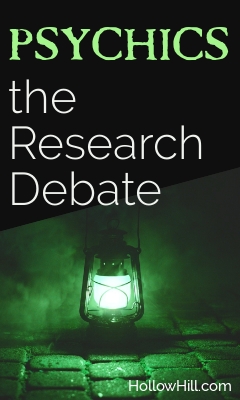 Should psychics learn a site’s history ahead of time, or not? That seems to be an issue.
Should psychics learn a site’s history ahead of time, or not? That seems to be an issue. Let’s discuss a similar topic. If I see a travel show on TV and later visit that location, I may feel a mild sensation of deja vu.
Let’s discuss a similar topic. If I see a travel show on TV and later visit that location, I may feel a mild sensation of deja vu. For example, if the psychic declares that an incident took place at one location… and it actually took place on the other side of town.
For example, if the psychic declares that an incident took place at one location… and it actually took place on the other side of town.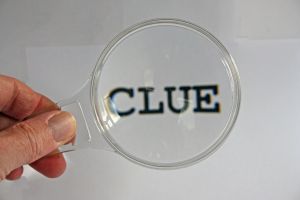 Critical thinking skills are important, even when – or especially when – the psychic is charming and likable.
Critical thinking skills are important, even when – or especially when – the psychic is charming and likable. When I have a frame of reference, such as my own historical research, I know how and where that information is coming from. This is in sharp contrast with information I receive from external sources, such as residual energy impressions or a ghostly encounter.
When I have a frame of reference, such as my own historical research, I know how and where that information is coming from. This is in sharp contrast with information I receive from external sources, such as residual energy impressions or a ghostly encounter.
 What are your thoughts on how much a psychic should know ahead of time? Share your opinions in the comment form, below.
What are your thoughts on how much a psychic should know ahead of time? Share your opinions in the comment form, below.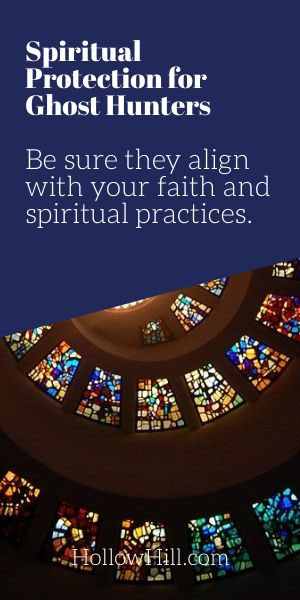 After all, we usually don’t know how dangerous a site is until we investigate it.
After all, we usually don’t know how dangerous a site is until we investigate it.
 From what I’ve learned about demonic activity, I would use Holy Water only in situations where there is absolutely, positively no likelihood of malicious and demonic energy.
From what I’ve learned about demonic activity, I would use Holy Water only in situations where there is absolutely, positively no likelihood of malicious and demonic energy.
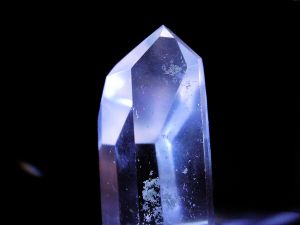 Here’s what I carry: I have a couple of crystals in my wallet. One is a
Here’s what I carry: I have a couple of crystals in my wallet. One is a 